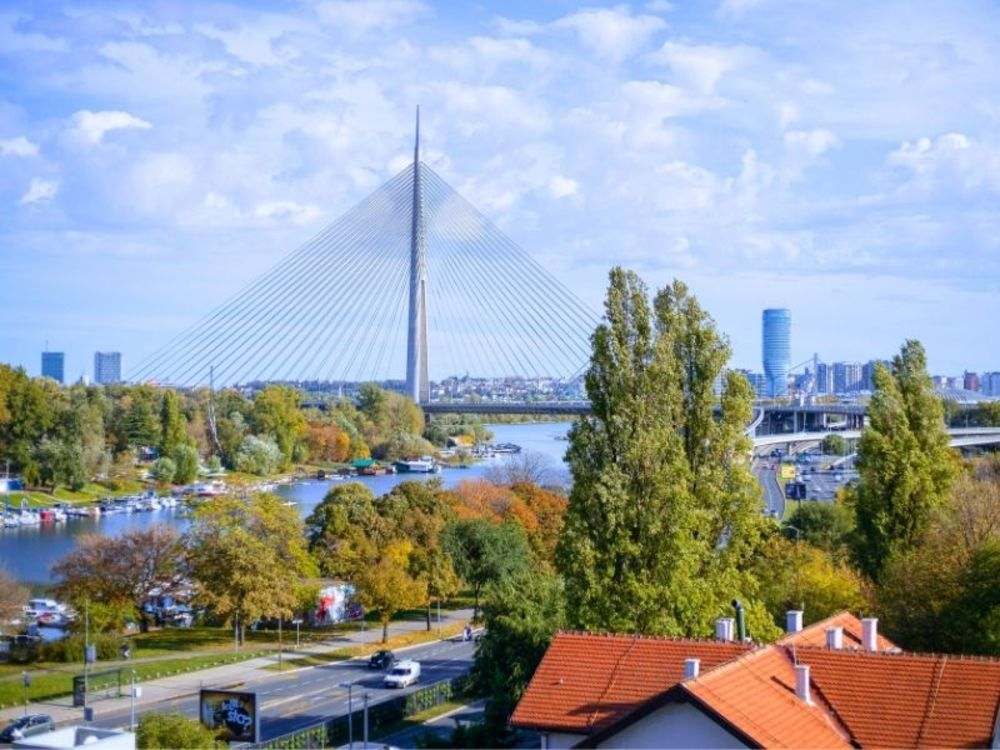Recent Info

Geothermal energy and the new horizon of Bulgarian RES landscape
By: Hristo SirakovIt is no secret that in the last few years Bulgaria has become a heaven for RES investments. Currently, the country is striving to increase the share of RES in the total electricity generation to minimum 27% by 2023 through the Sustainable Energy Development Strategy to 2030, adopted by the Ministry of Energy. With that in mind the legislation is liberal and provides for many reliefs both in regards to administrative procedures and market mechanisms. Moreover in recent times the bureaucratic red tape is being minimized which could potentially open up more opportunities for foreign investors. All these factors contributed to the current state where renewable energy accounts for more than a quarter of Bulgaria’s energy mix with PV’s enjoying exponential growth from 59% since January 2023.
Despite that there is still untapped potential hidden in geothermal and hydro-geothermal energy. As of now, with the latest amendments in the Renewable Energy Act (REA), the Spatial Planning Law (SPL) and the Waters Act (WA) (dated 13.10.2023) the National Assembly made the first steps toward full utilization of the earth’s energy deposits.
The statutory framework as it stands provides for geothermal systems from deep (depth from more than 200 meters), shallow (200 meters and less) and water sources. These categories determine the need for investment project, water extraction permits, water object usage permits and other administrative acts.
For example according to article 147, paragraph 1, point 8 SPL the administrative procedure for authorizing the construction of a geothermal station (including all possible uses from electricity production to heating and cooling) from shallow sources does not include the approval of an investment project which considerably shortens the process and mitigates the risks of unwanted administrative hurdles. Furthermore, under article 46, paragraphs 1 and 9 water extraction and usage permits will not be needed for the purposes of geothermal stations from deep sources. All these amendments are aimed to incentivize the utilization of geothermal energy.
However, although the geothermal energy is formally legalized, the Parliament and the Minister of Energy are yet to adopt a thorough procedure and step-by-step rules for the authorization and construction of geothermal stations. This could prove particularly troublesome as any attempt to establish a geothermal power plant could end up cancelled or at the very least indefinitely postponed by the designated authority strictly because the lack of adequate legal framework.
Undoubtedly the legislation to date is incomplete, the state authorities will have to put a lot more effort in to it and the results from these reforms are yet to be observed. However, one thing is sure, despite all hardships Bulgaria is slowly but confidently moving in the right direction and the future seems bright.
This legal update aims only to inform the reader and draw attention to some specific requirements of legislation. It does not constitute legal advice. For assistance on the matters above we recommend to contact Visegrad Legal Bulgaria.








